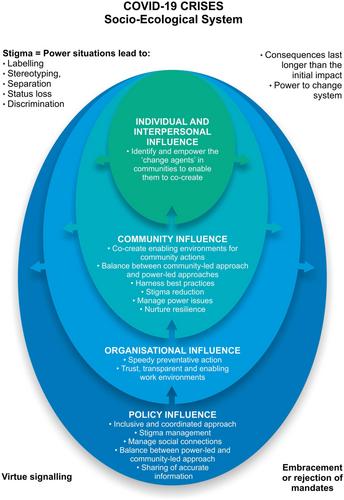Social Determinants of COVID-19 Pandemic Control: Participatory Learnings From Everyday Experiences in Cape Town, South Africa
Abstract
Introduction
As countries adapted their disaster responses to the COVID-19 pandemic, South Africa responded with an alert-level risk approach based on epidemiological principles that impacted all societal levels. We explored the everyday experiences of people in Cape Town whose basic needs were met and who could report on the realities of the COVID-19 pandemic control. Gaining insight into their perspectives contributes to knowledge that can inform policies and practices for managing future public health crises.
Methods
Community-Based Participatory Research principles guided the design and a series of facilitated dialogues with 18 research participants. The thematic analysis was deepened through two colloquiums with members of an overarching research consortium and a participant reflection workshop.
Findings
The pandemic impacted individuals, their interpersonal relationships, workplaces and communities, leading to societal processes such as stigma, virtue signalling and the subversion of mandates. The public health response had mixed reactions, with useful information about preventive measures being diluted by COVID-19 denialism and fake news. Health and other authorities were frequently perceived as out of touch with, and unresponsive to, the everyday realities of local communities.
Conclusions
Our study demonstrates the connectedness of people and the need to maintain and re-establish severed connections. A holistic approach to health care and promotion from social determinants of health and a community-engaged perspective may significantly increase the outcomes of public health responses.
Participant and Public Contribution
People with everyday experience of the COVID-19 pandemic—including community members, healthcare workers, case managers, carers and researchers—collaborated on the study design, interview schedule, data interpretation, analysis and refinement of this article.


 求助内容:
求助内容: 应助结果提醒方式:
应助结果提醒方式:


